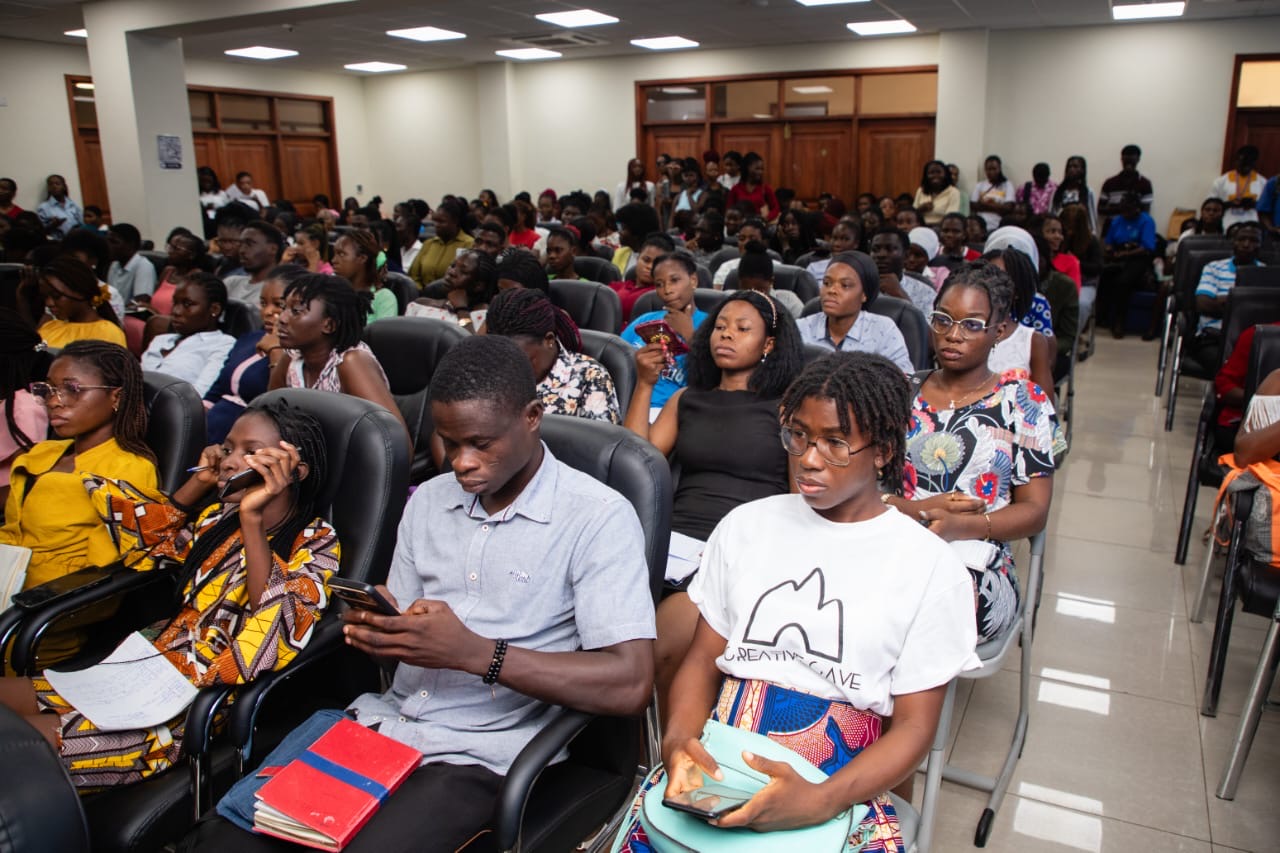Impact Rankings 2025: Top 10 Universities Advancing SDGs in the World
More universities across the world are stepping up efforts to address global challenges such as poverty, climate change, gender inequality, and access to education.
From the Times Higher Education Impact Rankings 2025, ten universities have emerged as global leaders in advancing the United Nations’ Sustainable Development Goals (SDGs).

Source: Getty Images
The rankings assess institutions based on their measurable contributions to all 17 SDGs, and this year saw significant progress, particularly from Asian universities.
They are:
Western Sydney University has once again topped the global Impact Rankings, maintaining its first-place position for the fourth consecutive year.
The university has consistently demonstrated leadership in sustainability-focused research, student engagement, and impactful local and global partnerships.
Its efforts span various SDGs, including climate action, quality education, and reduced inequalities. WSU’s community-based programmes and its investment in green campuses have set a benchmark for others around the world.
The institution's long-term sustainability strategies have made it a model for impact-led education.
Ranked second globally, the University of Manchester continues to be the leading institution in Europe for SDG engagement.
Its research output and public engagement around themes such as health, education, and sustainable cities have earned it global recognition.
The university's strategy integrates the SDGs into its research goals and daily operations. From sustainable innovation hubs to urban regeneration projects, Manchester is blending academic excellence with practical change-making.
Making its debut in the top three, Kyungpook National University is now South Korea’s highest-ranking institution in terms of sustainable development. Its focus on quality education, clean energy solutions, and international collaboration contributed to this dramatic rise.
KNU has taken an interdisciplinary approach to SDGs, bringing together faculties across sciences, engineering, and humanities to address real-world challenges. Its outreach programmes have also engaged communities across Asia in climate and health initiatives.
Griffith University shares the fourth spot, continuing its legacy of excellence in sustainability. It has been a pioneer in areas such as environmental science, water conservation, and inclusive education.
Griffith’s long-standing commitment to research on ecological resilience and social equity has helped shape national policy in Australia. The university’s green campuses and dedication to the UN 2030 Agenda make it a consistent performer in the Impact Rankings.
Also tied in fourth place, the University of Tasmania remains a force in environmental sustainability and climate action.
Located in one of the world’s most ecologically unique regions, the university leverages its natural setting for research and education.
Its initiatives on biodiversity conservation and sustainable agriculture have earned global praise. The university’s work resonates particularly strongly with SDG 13 (Climate Action) and SDG 15 (Life on Land).
Arizona State University ranks sixth globally and is North America’s top performer in the 2025 rankings. ASU is known for its innovation in renewable energy research, inclusive education, and urban development strategies.
Its commitment to climate resilience and sustainable communities has made it a global model for innovation. Through its Global Futures Laboratory and other cross-sector collaborations, ASU is shaping how universities engage with complex global challenges.
Tied for sixth place with ASU, Queen’s University continues to rise in global standing due to its strong showing across multiple SDGs, particularly in health, clean water, and decent work.
The Canadian university has placed sustainability at the core of its curriculum and governance, pushing boundaries through student-led initiatives, community partnerships, and applied research that impacts policymaking.
Securing the eighth position, the University of Alberta is another North American institution with a strong sustainability footprint. The university has excelled in promoting responsible consumption, environmental stewardship, and gender equality.
Its interdisciplinary research centres and Indigenous-led education initiatives have enhanced its SDG performance. Alberta’s work not only influences local policies but also contributes significantly to global dialogues on equity and development.
Denmark’s Aalborg University is tied in ninth place, marking a strong European presence in the rankings. Known for its problem-based learning model, the university empowers students to engage with pressing issues like renewable energy, affordable housing, and mental health.
Its collaborative projects with municipalities and businesses have translated research into practice, aligning perfectly with the SDG ethos. Aalborg’s focus on practical impact has made it a favourite among global development agencies.
Sharing the ninth position, Universitas Airlangga is the first Indonesian university to make it to the top 10 in the Impact Rankings. It has shown remarkable progress in health, gender equality, and reduced inequalities.
The university’s work in community-based healthcare, women’s empowerment, and climate education has gained international acclaim. With strategic partnerships and government collaboration, it continues to uplift underrepresented groups in Indonesia and beyond.
PAY ATTENTION: Сheck out news that is picked exactly for YOU ➡️ find the “Recommended for you” block on the home page and enjoy!
Source: Legit.ng











